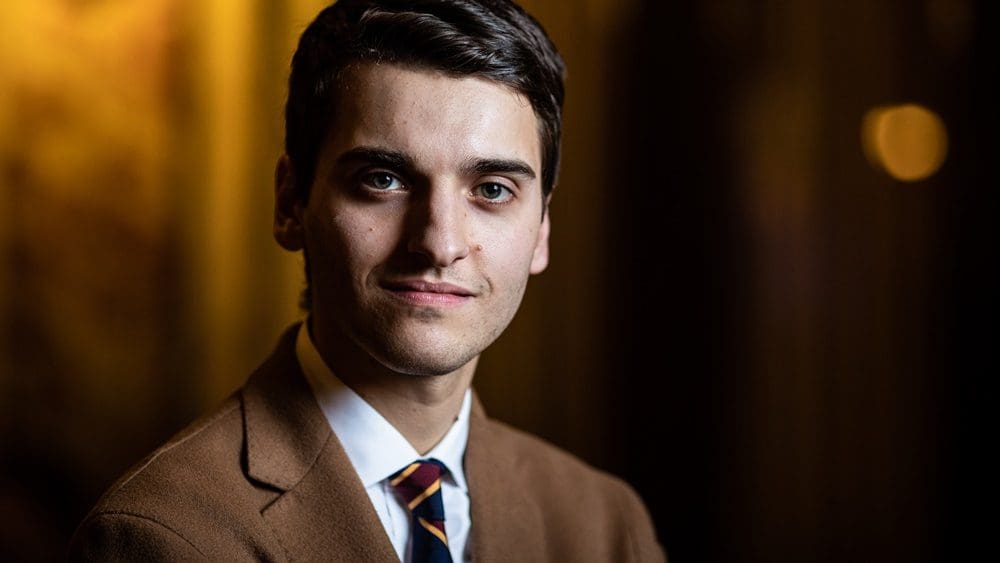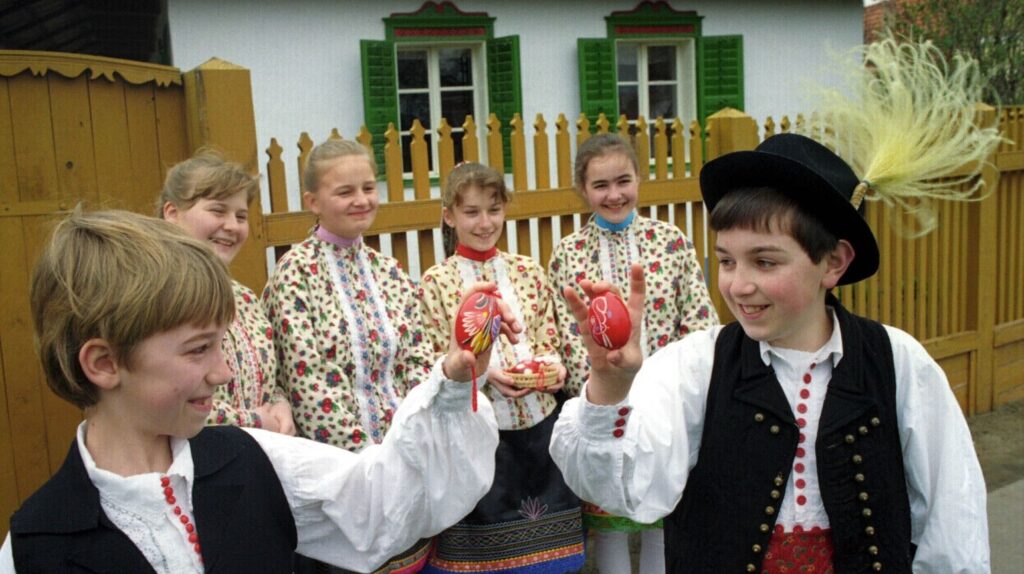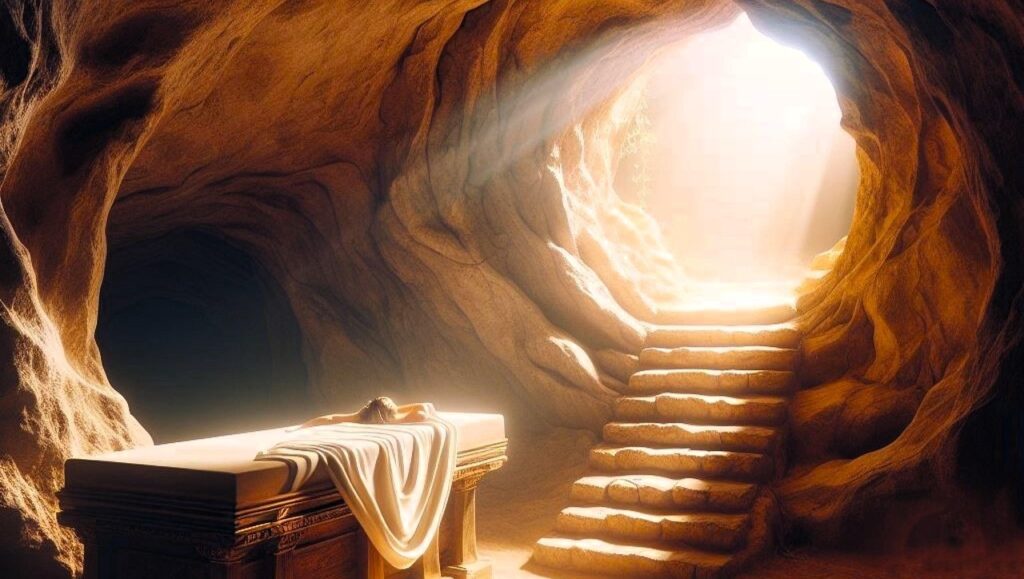Francesco Giubilei is the President of the Italian Conservative foundation Fondazione Tatarella and the founder of the think tank Nazione Futura. He also teaches at the University G. Fortunato of Benevento. Mr Giubilei was recently included in Forbes’s list of 100 most influential youths in Italy under 30. He has authored eight books including The History of European Conservative Thought (his first work to be published in English). His writings frequently appear in the Italian daily Il Giornale, The American Conservative, and The European Conservative magazines.
You are still very young, and already have an impressive career—you are a scholar, a commentator, a publisher, an author and a journalist, among other things. Where does all this energy and ambition come from? Was it your family background, or some professors who inspired you? What motivates you?
Well, first of all, it is all because I believe in the things that I write and talk about. I think if you don’t really believe in these things in deep in your heart, today, as a young person, you will never want to do this type of work. It all came partly from family heritage, because my paternal grandparents were teachers and professors. When my sister and I were children, they spent a lot of time teaching us history, geography, the history of our country. They came from a region in the middle of Italy, Umbria, which is a small region near Tuscany. Although fewer people know it than Tuscany, Umbria is one of the most beautiful regions of Italy and is one of the most culturally significant regions of Europe. It is here that St Francis of Assisi was born, and so was St Benedict, who, as you know, is the saint of Europe. San Francesco (St Francis) is the saint of Italy, a figure that is emblematic in terms of Europe’s Christian roots. Umbria is also the home region of many great painters. So, when I was young, my parents and my grandparents would read to me from many books and tried to teach me how important our traditions and values are. I think family is really important for everyone, but in my case, it had a great role in what I did in my adult life and what I am still doing today.
The Tatarella Foundation is named after the late MP and deputy prime minister Giuseppe Tatarella. I read on the foundation’s website that he was called the ‘minister of harmony’ under the Berlusconi government. Is that what the foundation is striving to achieve, some kind of a constructive dialogue and coexistence with the rather bellicose left? How can that be done, while preserving and standing up for conservative values and basic tenets?
Tatarella died in 1999, and in 2019 we did an event for the 20th anniversary of his death. The event was also attended by the President of the Republic. And it was quite unusual that the president came. It was not customary for the president to participate in an event that was linked to the political right. Of course, everyone on the right participated, from the centre-right to Meloni, many MPs, and many people who are now in the government. But there were also many MPs and journalist who come from the left. One of the speakers was the former president of the Chamber, who was linked to the Italian Socialist Party. So, in short, although Tatarella was a person absolutely linked to the right, he was also a popular, well-liked figure, who could also reach out to the opposite side of the aisle. And he never considered the people on the left enemies. He viewed them as simply occupying the opposite side of the political landscape. I think it is important to endorse this vision of politics. Politics today, and not only in Italy but in Europe, and also in the United States, is strongly polarized—there are people on the right who only believe in certain things, and others who only believe in left-wing ideas, and all of this often gets quite radical.
We have lost one of the most important elements of politics: dialogue, and respect for those who have a different vision from ours.
Also, some on the left consider right-wing people enemies, so it is often difficult to talk to them because they show no respect for our values and traditions. But when you do find willing people, it is good to start a dialogue, while also standing up for your values and principles, of course, but to engage in a dialogue because that is a precondition for an honest and democratic debate. That was the big lesson that Tatarella taught us and that’s what we are trying to make happen in the Foundation. Not only to talk about politics, I for example am not a member of any party, of course, but talk about politics in the context of values and culture. Politics changes—it is one way today; it might be something else tomorrow. But culture is linked to a tradition, to a civilization. So, the ultimate principle of the foundation is that when you talk about politics, you need to talk about it in relation to culture.
You are a regular speaker at CPACs. What is the significance of international conservative events for Europeans and do you see a chance that the conservatives of the world could unite? Conservatives are now divided.
Yes, of course. Giuseppe Prezzolini, the most important conservative in Italy, once said that was impossible to talk about one right but there are many different rights, you know, the social right, the centre right, the traditional right, and so on. And the same goes for conservatives. There are many associations, many organisations, many people that share the same values but are divided by some personal disagreements, which is the biggest mistake we can make. Instead, we need to find accord, we need to establish collaboration, we have to find the ideas that we have in common. Maybe in five or six years, we’ll be seeing many common projects and many international organizations and networks that start breathing, start collaborating. I think the work that European Conservative is doing, the job done by Mario [Alvino Fantini] and Ellen [Kryger Fantini] and their team is something great. I remember European Conservative when it was a smaller magazine and now everybody knows the brand and they are doing a lot of big international conferences. Just before the elections in Italy we had a great conference in Rome, where there were three speakers who are now set to become ministers in Giorgia Meloni’s government and a lot of international guests, to give you an example of collaboration. So, to sum up
I think we have started building a network of conservative think tanks and foundations all over Europe.
The only way to go forward for conservatives is to establish a collaboration between think tanks, foundations, politics and the media. This is because the only way to change things is by having a system. If you don’t have a system, you will not obtain any results. The idea of the creation of a system was that of the left, it goes back to Gramsci, and in the past, we created a system that is still working but there are problems with it, so we need to create a different system.
How do you see the future of Hungary and the future of the Orbán government? Is there anything that you would do differently from the Hungarian administration?
Well, as you know, I was here in Hungary not long ago, I did a fellowship at MCC. I in fact travel a lot to Hungary and attend many conferences here. Two of my books have been translated here. So, although I still cannot say that I know Hungary well, because every time I come, I learn more, but I am trying to understand the way of thinking of the Hungarian people. Because I think the biggest mistake we Western Europeans make is to assume that all countries and all people think the way we do. We have made this big mistake with the Chinese, we have made the same big mistake with the Russians, we have made this mistake with the Islamic countries, and in some ways we are making it with Hungary, too. We don’t understand that until 30 years ago, you were under a Communist dictatorship, which means that you Hungarians are now truly proud of your independence as a country.
We also don’t seem to understand what the end of the First World War meant for the Hungarian people, the consequences of Trianon.
There are many things you can only understand if you live here. Also, it is not possible to understand Hungary’s position in the [Ukraine] war unless one understands the energy dependency of Hungary on Russia. Not to mention the question of Transcarpathia in Ukraine. Sometimes the Western media is rather superficial when talking about Hungary and they don’t even want to really understand what is happening here. What also needs to be understood is that whether it is Hungary or any other country, Spain, or Italy, the will of the people must be respected, also when they vote for a government. And if the Hungarian people have voted for this government several times, that probably means that they want to see this kind of government in power. Our think tank took part in the election monitoring during the last election, and we went to the polls to see for ourselves what weas going on, and we didn’t see anything unusual or irregular. The biggest mistake of the EU institutions is that they want to tell the individual countries’ people what they have to do, from a Brussels perspective, not from, say, a Budapest perspective or a Rome perspective. It was the same for us before our national elections, when some European Commissioner warned that should a right-wing government win, there would be consequences. That was absurd, I mean, we are a founding state of the European Union, and they dared say that to us! The EU’s goal is to spread their vision, their view of society to all people and all the nation states. And I think that is wrong. The way I see it, Brussels simply does not respect the will of the Hungarian people—but if you disrespect their government, you disrespect the people who voted for it.








